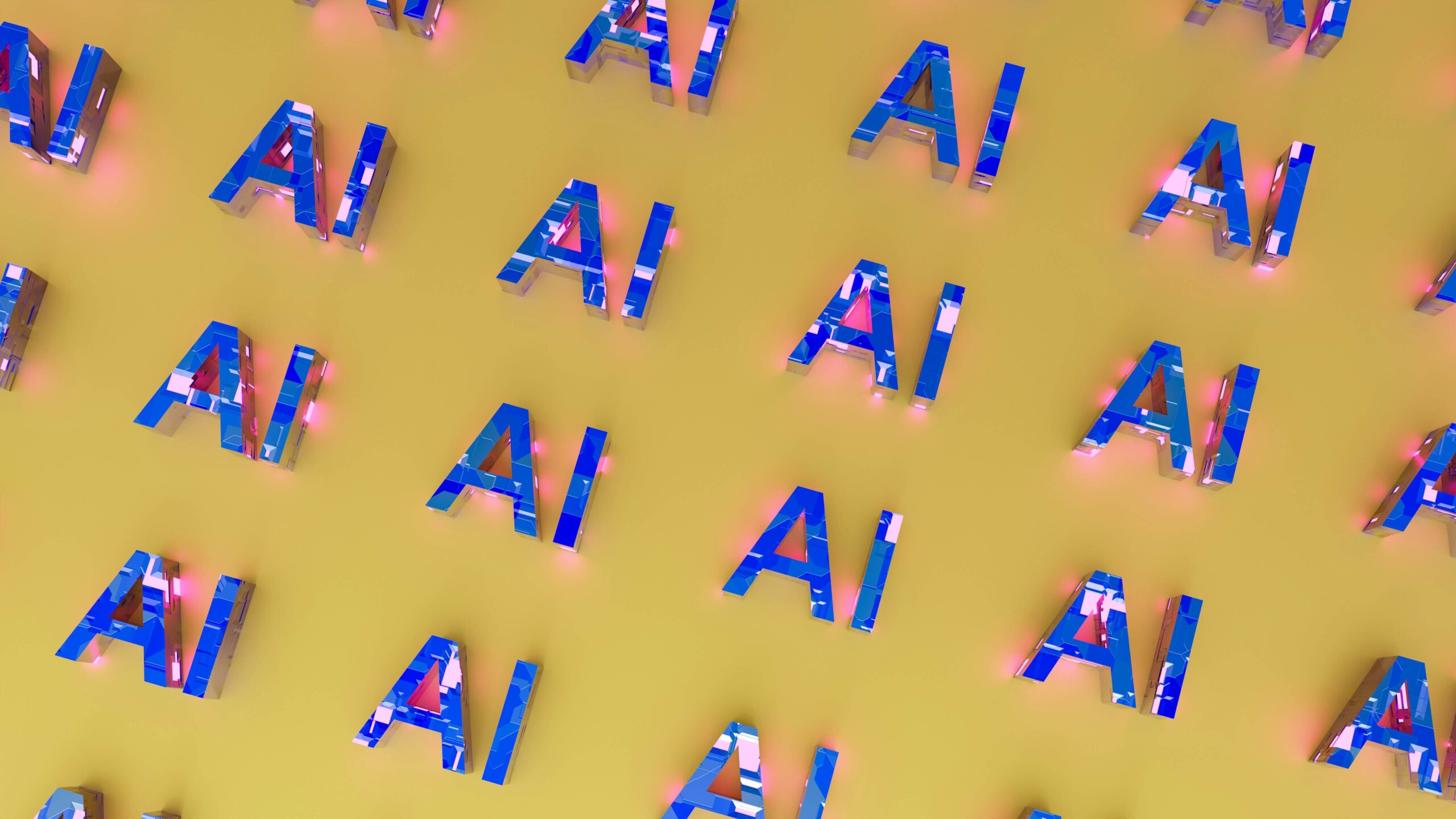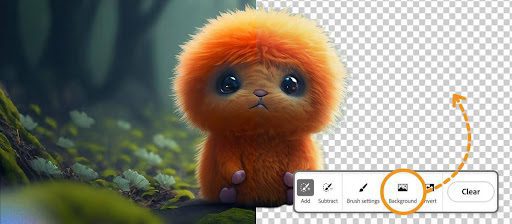Unlocking AI’s Potential for Design Teams: What Marketing Leaders Need to Know

Visual design is at the heart of modern marketing—whether you’re crafting thumb-stopping social media content, dynamic long-form visuals, or video assets that tell your organization’s compelling story. And as AI continues to evolve, it can give your design ideation and creation a competitive edge. But with a dizzying array of AI tools on the market, how can your team harness this technology effectively? And perhaps more importantly, when should they avoid it?
Let’s explore how marketing leaders like you can think strategically about AI-powered design tools to support your team, streamline workflows, and spark creativity.

Why AI? Let’s talk impact
- 61% of agencies report using generative AI in their workflows (2024 survey, U.S. advertising leaders).
- Over 60% of organizations have grappled with ethical questions surrounding AI use.
- Design professionals overwhelmingly agree that AI has enhanced efficiency, enabling them to focus on creative strategy over tedious tasks.
AI is helping design teams hit deadlines, experiment faster, and tackle routine work with a finesse that was impossible just a few years ago.
Where AI shines in design
AI tools like Adobe Firefly, Getty Images’ Generative AI, and Canva’s AI Photo Editor are transforming the creative process. Here’s how they’re making waves:
1. Simplifying complex edits

AI takes the grunt work out of tedious tasks. Consider Photoshop’s Firefly-powered Generative Fill:
- Need more copy space in a photo? Done in seconds.
- Removing a background with intricate hair details? A breeze.
- Transposing a product image into a new setting? Flawless and fast.
These were once time-consuming chores that bogged down even the most skilled designers. Now, your team can get them done quickly and move on to higher-value work.
2. Generating hyper-specific imagery
Imagine needing a campaign image of a young African-American woman, in a striped sleeveless shirt, standing in a wildflower field with a city skyline behind her—at sunset.

With AI tools, designers can create this in minutes, experimenting with prompts until they achieve the desired aesthetic. Tools like Firefly even use ethically sourced, stock-based archives, ensuring quality and legal peace of mind.
3. Enhancing brainstorming and ideation
AI isn’t just about execution—it’s a partner in creativity. Teams can use it to mock up concepts, explore visual directions, or storyboard ideas faster than ever before.
When AI falls short: What to watch for
AI isn’t the right fit for every project, and understanding its limitations is key:
- Derivative designs: AI creations are inherently based on existing data. If your project requires truly original, boundary-pushing art, stick with your design team’s unique creative process.
- Ethical risks: Some AI tools pull from databases with murky sourcing. Prioritize platforms that use proprietary, ethically sourced materials to avoid legal headaches.
- Quality control: If the AI output isn’t up to your team’s standards, it’s not worth the shortcut. Always prioritize design excellence over convenience.
Navigating the ethics of AI design
As a marketing leader, you need to ensure your team operates above board. Here are the key takeaways:
- Know your sources: AI outputs are only as good—and as legal—as their training data. Use tools like Firefly or Getty Images’ Generative AI that guarantee ethical sourcing.
- Stay updated: The legal landscape around AI is evolving as rapidly as the technology itself. Equip yourself with the latest knowledge to safeguard your brand.
(Pro Tip: Explore this guide on AI copyright and ethics to stay informed.)
Your action plan: Integrating AI for smarter design
AI isn’t here to replace your team—it’s here to make them more impactful. By freeing designers from repetitive tasks and enhancing ideation, AI allows them to focus on what they do best: creating. As a VP or director of marketing, it’s your job to ensure they have the right tools, guidelines, and support to use AI thoughtfully and effectively.
Reach Out
Be Social
Content Marketing
Next In AI
Use AI to Inspire Your Writing: 7 Tips to Spark Creativity
Explore 7 tips to fuel your writing with AI, from sparking creativity to enhancing your style with Eve Connell's expert...

